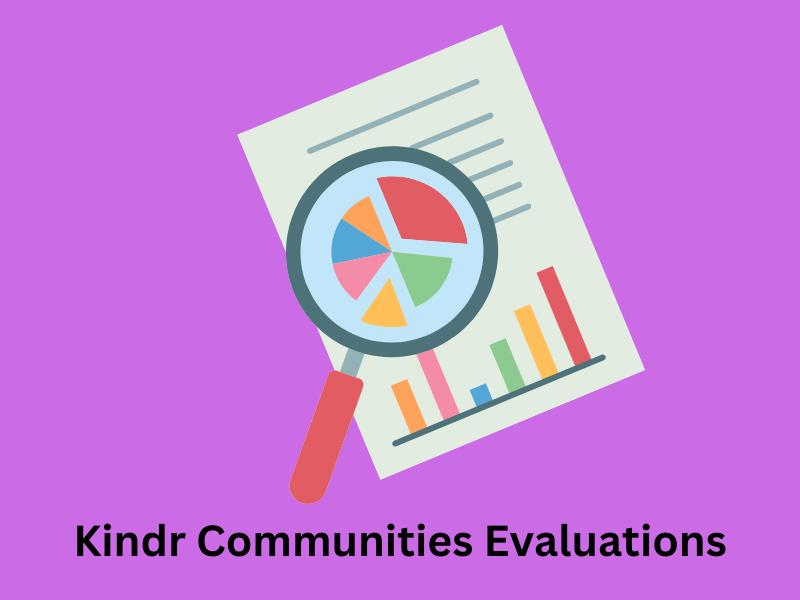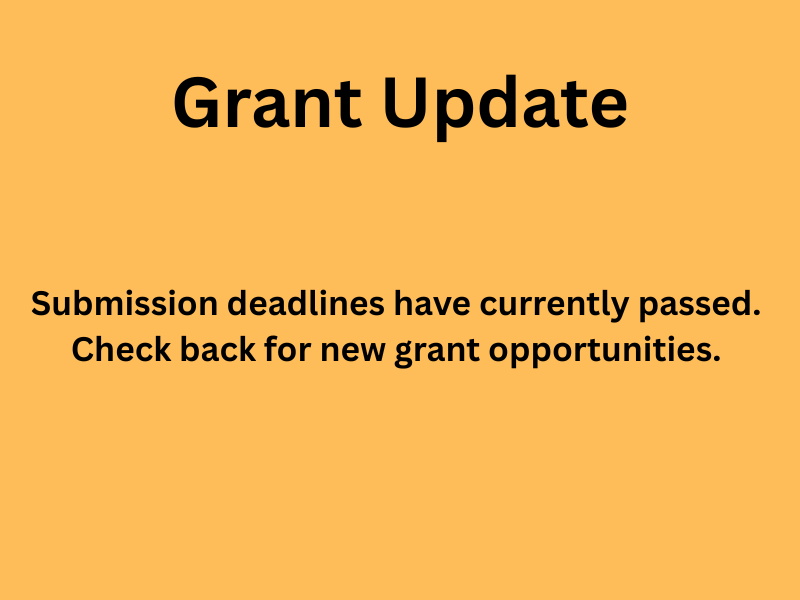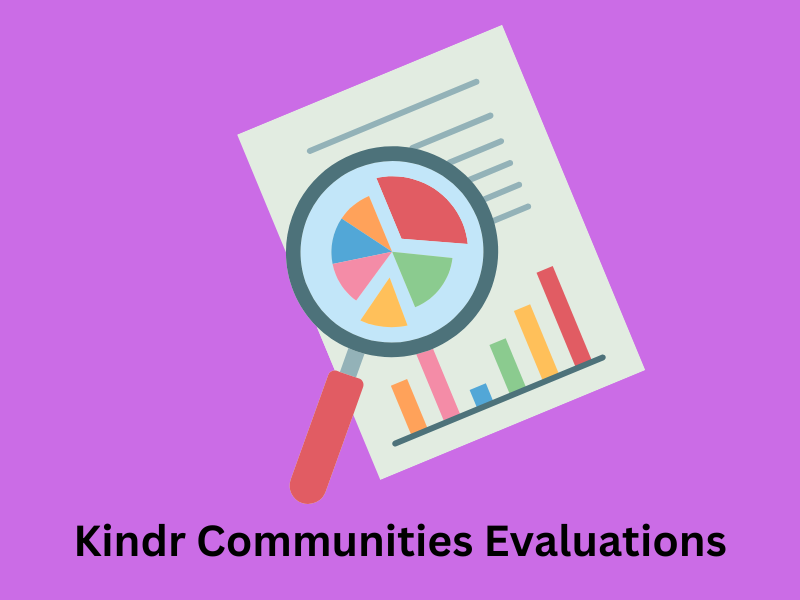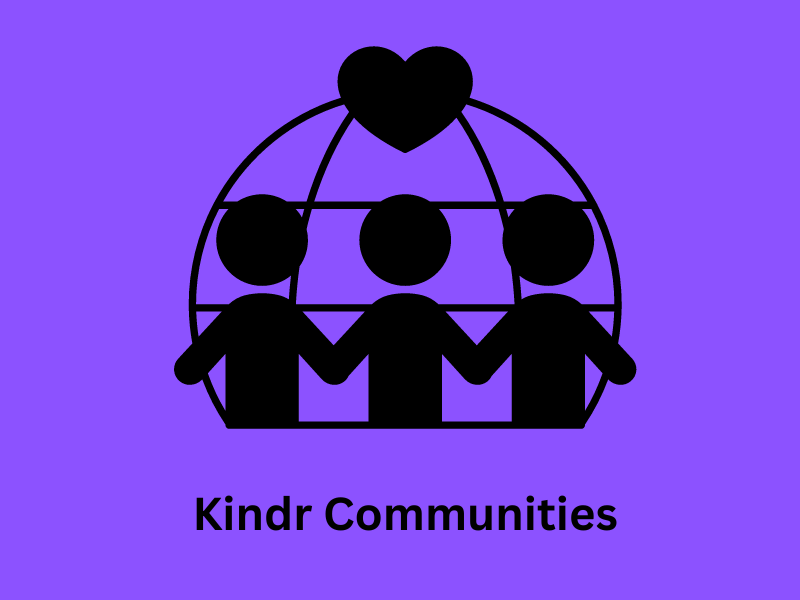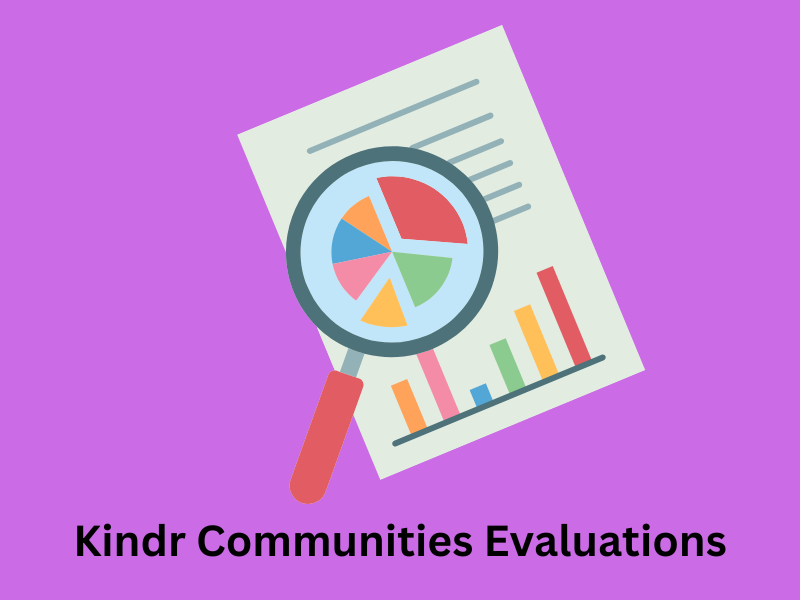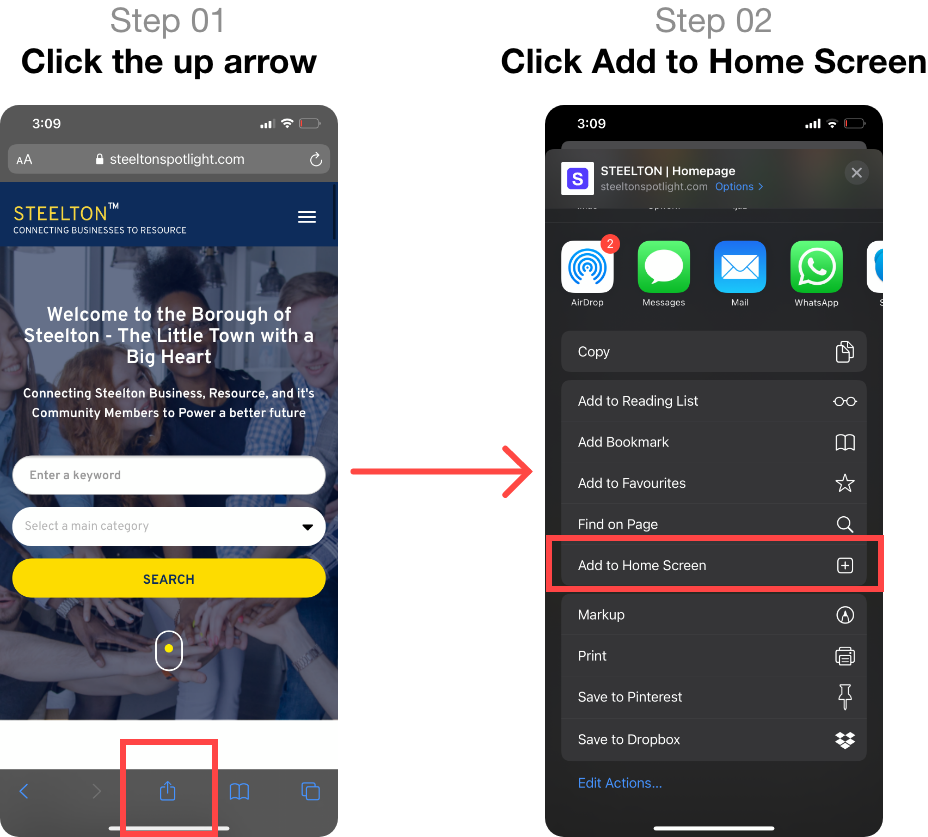
Better Way of Mentoring Program: Report of Effects
Better Way of Mentoring Program: Report of Effects
December 2023
Bonnie Grossen, Erin Chaparro
The Better Way Mentoring Program provided the Lasting Happiness program to a number of teens aged 15 to 21, 61 of whom took both the pre-survey and post-survey. In addition, the Mentoring program provided tutoring/academic assistance, opportunities to participate in activities across the broader community and funds for teams to participate in league sports and tournaments. Each student had experienced an average 10.8 risk factors identified by a Survey of Adverse Childhood Experiences (ACEs) and 99% were persons of color (African American, Latino or biracial). The students attended mentoring sessions 4-5 times per week. Groups of 8-9 individuals attended a weekly 2-hour session in the Lasting Happiness program with their respective facilitator, for a period of 10 weeks. Individual groups covered 1-2 chapters per week over the course of the sessions. The groups also met on Tuesdays, Thursdays and Saturdays to discuss the chapters. Participants were compensated for completing weekly reading assignments, written application exercises, and taking part in group discussion sessions.
Results: Overall, there were statistically significant and objectively large increases in the desired direction in all pre-post measures. From presurvey to post, Negative Mental Health Indicators on the Perceived Stress Survey decreased dramatically (SMD = -1.8) and significantly (p < 0.001). Similarly, Positive Mental Health Indicators increased dramatically (SMD= 1.5) and significantly (p < 0.001). (Any SMD above 0.8 is considered large.) The SMDs in the results below are extremely large. Change of the Satisfaction with Life measure from pre- to post-survey were also significant. Because Perceived Stress and Life Satisfaction correlate with and predict delinquent and at-risk behavior (Tang & Chan, 2017), one can expect lower levels of delinquent behavior from these adolescents. Because there was no control group for comparison and the intervention included many more aspects than the Lasting Happiness program, we cannot be certain that change was caused only be the Lasting Happiness intervention. Other factors in the Mentoring program could have contributed to the very positive results. Details of the report can be found at this link: Better Way Mentoring Final Eval 12_28_23.pdf

